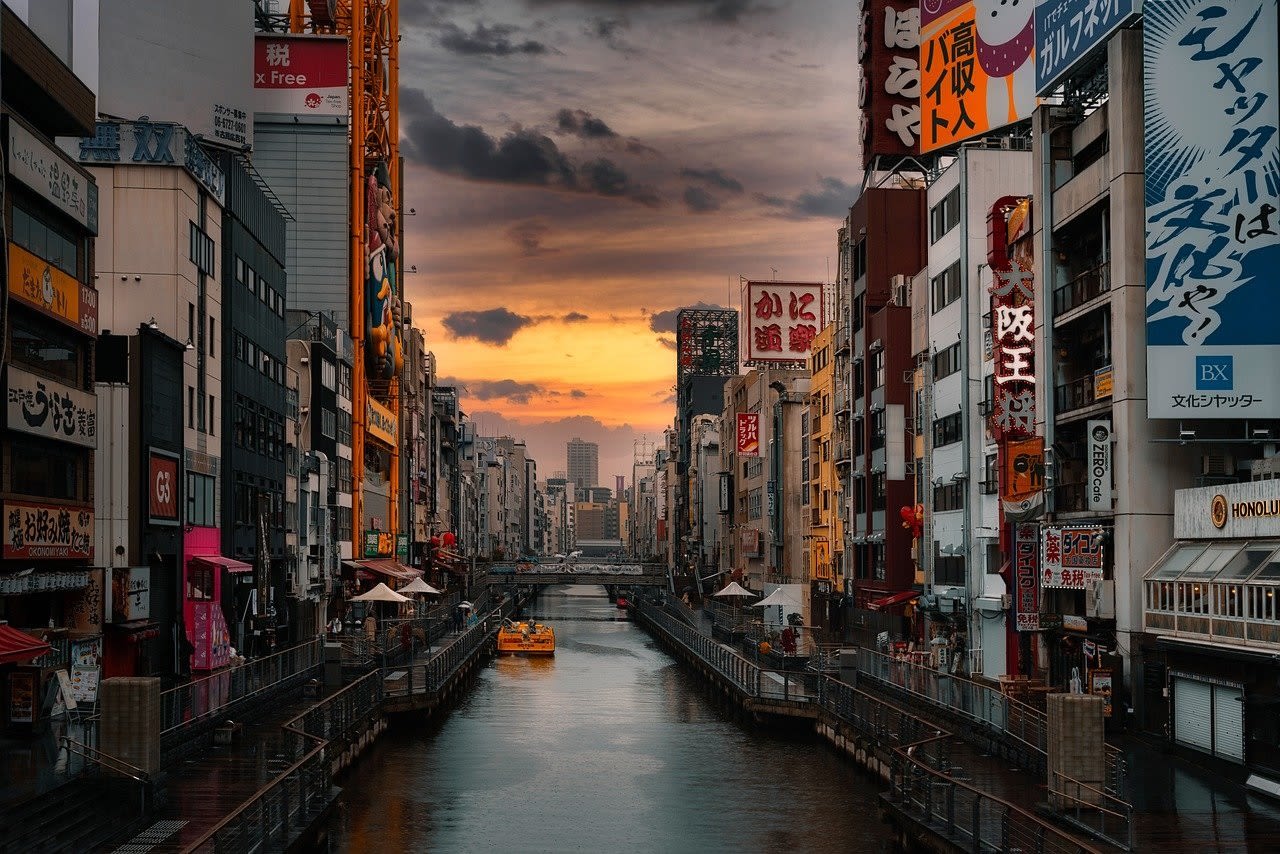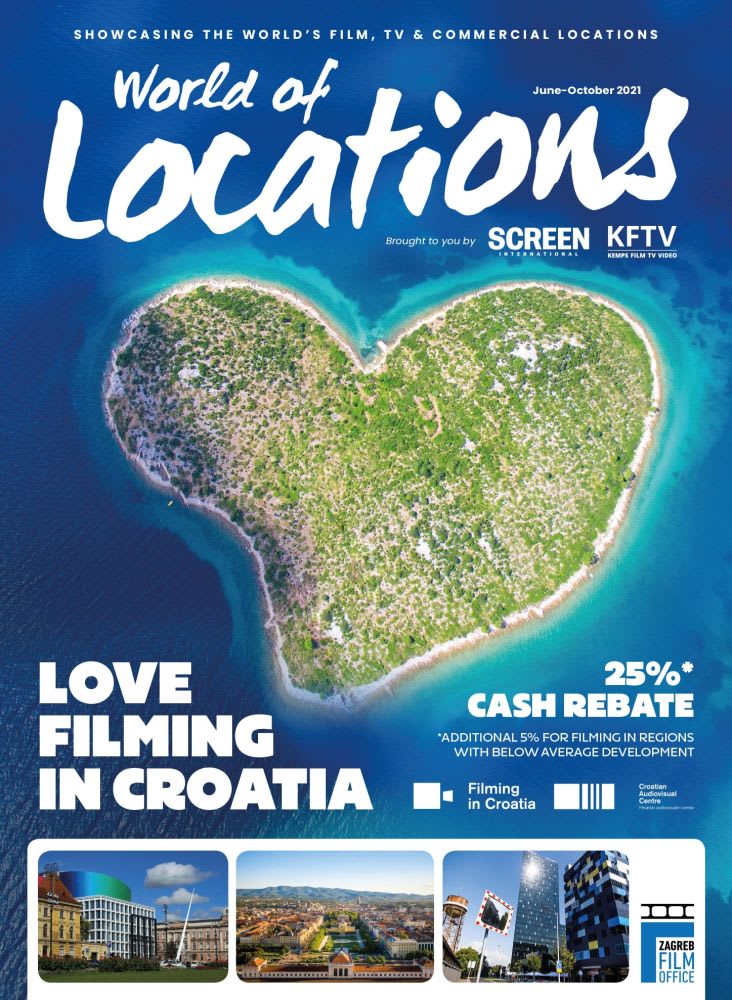Major productions drawn to Japan for authenticity
Iconic locations, a pilot incentive scheme and huge effort from the Japanese Film Commission to make it easier to shoot are drawing producers in to the Asian country
By Matt Schley 9 Aug 2021

Japan has fared well throughout the Covid-19 pandemic, with low infection and mortality rates, but its vaccination programme is off to a slow start. Travel from abroad is highly restricted, making large-scale international productions a no-go for now.
The country has also wrapped a pilot programme that had offered an incentive for TV and film productions with a minimum spend of $9.1m (208m). The programme was used to help fund projects including Chinese hit Detective Chinatown 3 and Paramount’s G.I. Joe spinoff Snake Eyes. The government has not announced whether it is planning to run another pilot or roll out a permanent incentive, but there are promising signs: a cabinet office report assembled in 2020 concluded the pilot programme generated huge knock-on economic benefits in regions that hosted international shoots.
Japan is gradually throwing off its reputation as an expensive and difficult place to shoot, thanks partly to the work of the Japanese Film Commission (JFC), while around 300 individual prefectures, cities, towns and regions, boast their own film commissions.
Quest for authenticity
Japan’s iconic locations are its biggest draw. The worldwide popularity of the territory’s anime, manga and video games has fuelled an appetite for international remakes of such properties. “Many filmmakers want to shoot in Japan to retain the atmosphere of the original stories,” says Ruriko Sekine, JFC secretary general and film commissioner.
That quest for authenticity led the producers of HBO Max’s true-crime series Tokyo Vice to set up shop in Tokyo. Reproducing the city on a soundstage or another Asian metropolis was never in consideration, according to the series’ US executive producer Alan Poul.
“We were determined from the beginning not to fake it,” he says. “Tokyo is a character in the story.”
Despite travel restrictions and Covid‑19 considerations, production on Tokyo Vice continues — with PCR tests and other measures in place — thanks to its nearly all-Japanese crew. The pilot, helmed by Michael Mann and shot in 2020, brought in crew members from Hollywood, but the plan was always to lean on Japanese talent as the series moved forward. “Covid just forced us to move that plan ahead faster than expected,” says Poul.
That mainly Japanese shooting crew is “as highly skilled as anybody I’ve ever worked with”, says Poul. He puts the crew’s “remarkably high level of skill in all aspects of filmmaking” down to Japan’s long filmmaking tradition.
Working with a local crew can also offer more flexibility, notes Sekine. While Hollywood crews work up to 10-hour days, that’s not the case for Japanese crews. As a result, on projects such as Snake Eyes, the Japanese crew were often on location for prep before their Hollywood counterparts. Poul notes this lack of spelled-out rules does not mean crews are being abused: Japanese directors will often make sure to schedule short days after long ones to give their teams a rest.
Sekine estimates there are about 200 bilingual crew members in Japan. However, it is worth noting the Chinese hit Detective Chinatown 3 and Snake Eyes shot simultaneously in 2020 and there was some strain as both productions tried to take those precious bilinguals.
Respect local traditions
Poul, who worked as an associate producer on Ridley Scott’s Black Rain in 1988 (Scott notoriously said he would never shoot in Japan again), says working in the country has improved greatly since those days. He underlines that those looking to shoot there will get along better by respecting Japan’s unique filmmaking quirks and building relationships with locals rather than trying to do things the Hollywood way. “Don’t come in with the assumption that if you draw enough money around people, things will go your way,” says Poul. “In Japan, there are aspects of interpersonal communication and networks of loyalty and obligation that are more important than cash.”.
This feature is a condensed form of the Japan country profile in our latest issue of World of Locations, which you can read below...
Main image: Michael Mann helmed the pilot for HBO Max's series Tokyo Vice. Credit: Eros Hoagland
Latest news & features
Featured profiles
Promote your services with KFTV
Choose from three profile types - Basic, Silver and Gold
Create ProfileWe offer a range of display advertising opportunities.
Learn More



